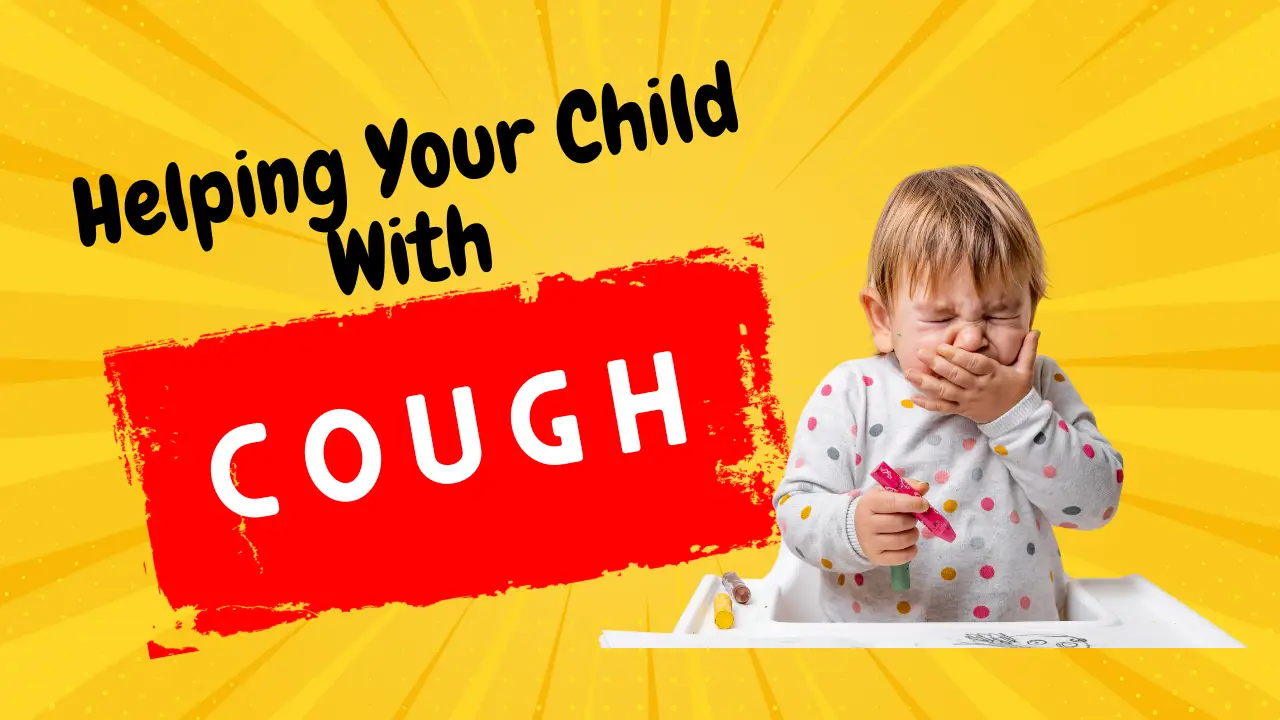Cough from Infections: What You Need to Know
We’ve all had that annoying cough that won’t disappear, especially when sick. Coughing is often a sign that something is irritating your airways, and when it comes from an infection, it’s usually your body’s way of clearing out mucus or germs. In this post, we’ll look at how infections cause coughs, the different types of coughs you might experience, and how to find relief.
What Causes a Cough During an Infection?
When you’re sick with an infection, such as a cold, the flu, or bronchitis, the infection irritates your throat, lungs, or airway. Your body reacts by trying to expel whatever is causing the problem — like mucus, bacteria, or viruses — through coughing. Here are a few common infections that can lead to coughing:
Colds: A common cold is caused by a virus and often leads to a dry cough, which can become wet as your body produces more mucus.
Flu: The flu is more severe than a cold and often comes with a deep, chesty cough that can be painful.
Bronchitis: This infection causes inflammation in the tubes that carry air to the lungs, leading to a heavy, productive cough that produces mucus.
Types of Coughs from Infection
When dealing with a cough from an infection, there are generally two types:
Dry Cough: This type of cough doesn’t produce mucus. It often feels scratchy or tickly and can be annoying, especially when trying to sleep. Dry coughs are expected at the beginning of an infection, like a cold.
Wet Cough: A wet cough produces mucus or phlegm. It usually occurs later in an infection when the body tries to clear out the extra mucus in the lungs or throat. This is common with conditions like bronchitis or pneumonia.
Treating a Cough from an Infection
While coughs from infections can be uncomfortable, they usually go away independently once the infection clears up. However, there are a few ways to manage the symptoms and feel better in the meantime:
- Stay Hydrated: Drinking plenty of fluids, like water or warm tea, can help thin mucus and soothe your throat.
- Use a Humidifier: Adding moisture to the air can make breathing easier and reduce the irritation that causes coughing.
- Over-the-Counter Medicine: Cough drops, syrups, or decongestants can temporarily relieve coughing, but it’s essential to follow the directions and ask a doctor if you’re unsure which product is best.
- Rest: Your body needs time to recover from the infection, so getting plenty of sleep can help speed up the healing process.
When to See a Doctor
Most coughs from infections will go away on their own in a week or two. However, if your cough lasts longer than three weeks, gets worse over time, or you cough up blood, it’s essential to see a doctor. These could be signs of a more serious condition, like pneumonia or another lung infection.
Conclusion
Coughing is your body’s natural defense against infections, but it can still be a frustrating symptom. Understanding the causes and types of coughs can help you manage the discomfort and know when to seek help. Rest, hydration, and time will do the trick in most cases, and your cough will clear up as your body fights off the infection.

